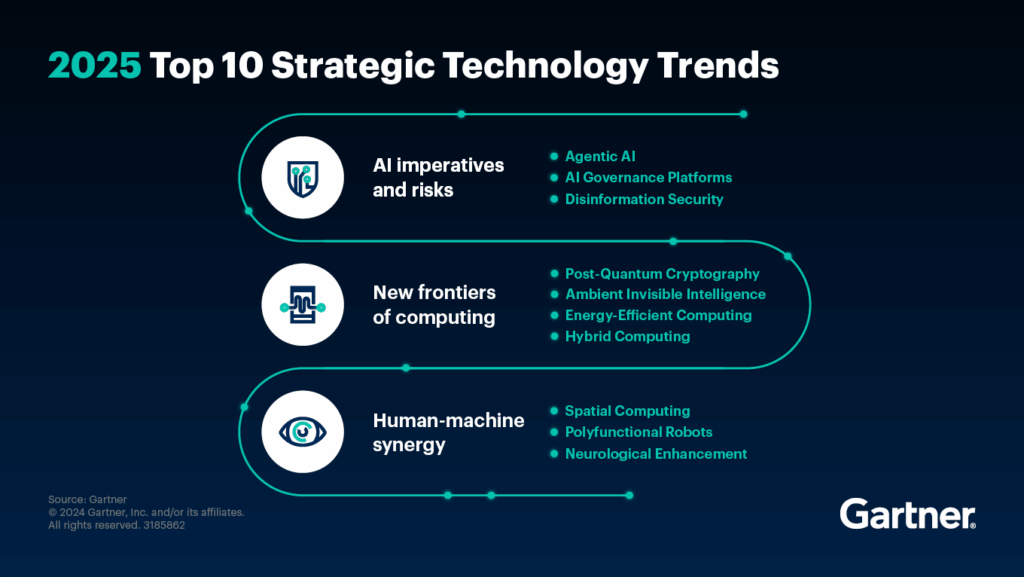Introduction
The year 2025 marks a turning point in the integration of artificial intelligence (AI) into every aspect of daily life. From managing household tasks and healthcare to providing emotional support and boosting workplace efficiency, AI is becoming an indispensable part of modern living.
1. Smart Homes: AI as Your Personal Assistant
Smart homes are no longer a futuristic concept. AI now powers systems that adjust lighting, control temperature, and anticipate user needs. At CES 2025, innovations like AI-powered smart mirrors and snore-blocking earbuds showcased how deeply AI is blending into our everyday environments (nypost.com).
2. AI in Healthcare: From Diagnostics to Emotional Support
AI is revolutionizing healthcare by assisting in diagnostics, monitoring patient health, and even providing psychological support through apps like Woebot and Wysa. However, experts warn that while AI can aid, it cannot fully replace the empathy and personal touch provided by human healthcare professionals (news.com.au).
3. AI in the Workplace: Enhancing Productivity and Decision-Making
In professional environments, AI automates repetitive tasks, analyzes massive datasets, and assists decision-making processes. Tools like OpenAI’s Operator automate actions across browsers, saving time and significantly improving workplace efficiency (en.wikipedia.org).
4. AI in Education: Personalizing Learning Experiences
AI is transforming education by personalizing learning experiences. Intelligent learning platforms adapt teaching methods and content to individual student needs, enabling teachers to track progress and offer more effective, customized support.
5. AI in Transportation: Smart Traffic Management and Self-Driving Cars
AI is being used to develop autonomous vehicles and intelligent traffic systems. Cities like Melbourne are integrating AI with IoT and 5G to manage resources like water and waste, highlighting the potential of AI to revolutionize urban infrastructure (theaustralian.com.au).
6. AI in Communication and Emotional Support
Beyond technical assistance, AI is providing emotional support. Apps like InTouch offer daily AI-powered calls to elderly users, helping to combat loneliness and improve mental health, showcasing another dimension of AI’s positive societal impact (thetimes.co.uk).
Conclusion: AI as a Daily Life Companion
AI is no longer just a tool; it has become a companion shaping daily routines, enhancing health and wellness, supporting education, and even offering emotional connection. As we move forward, the challenge lies in integrating AI thoughtfully—ensuring it empowers rather than replaces the human experience.
This article reflects the latest trends and updates on how AI is reshaping everyday life as of 2025.
